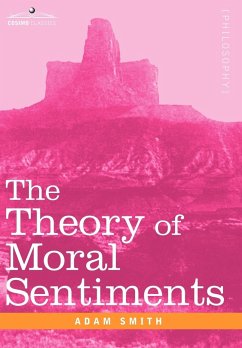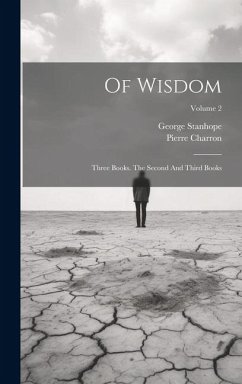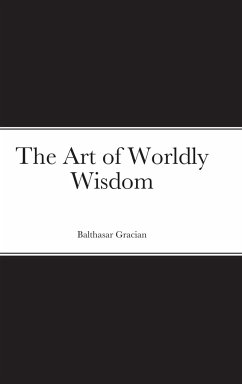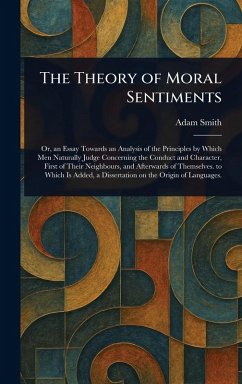
The Theory of Moral Sentiments
Versandkostenfrei!
Versandfertig in über 4 Wochen
37,99 €
inkl. MwSt.

PAYBACK Punkte
19 °P sammeln!
In The Theory of Moral Sentiments, renowned social thinker Adam Smith presents an intellectual treatise on the phenomenon-and meaning-of morality. Not just an explication of the external actions and internal conscience that influence our every decision, this is also a study of how ideas such as reward and punishment, luck, and sympathy influence an individual's self-image, behavior, and relationships. At once critical, practical, and sympathetic, this is not only a work for philosophers, but for anyone who has ever wondered what it means to be good. Scottish economist and philosopher ADAM SMIT...
In The Theory of Moral Sentiments, renowned social thinker Adam Smith presents an intellectual treatise on the phenomenon-and meaning-of morality. Not just an explication of the external actions and internal conscience that influence our every decision, this is also a study of how ideas such as reward and punishment, luck, and sympathy influence an individual's self-image, behavior, and relationships. At once critical, practical, and sympathetic, this is not only a work for philosophers, but for anyone who has ever wondered what it means to be good. Scottish economist and philosopher ADAM SMITH (1723-1790) helped set standards in the fields of political economics and moral philosophy, playing a key role in the early development of the scholarship of economics. His other writings include Essays on Philosophical Subjects and the influential An Inquiry into the Nature and Causes of the Wealth of Nations.












